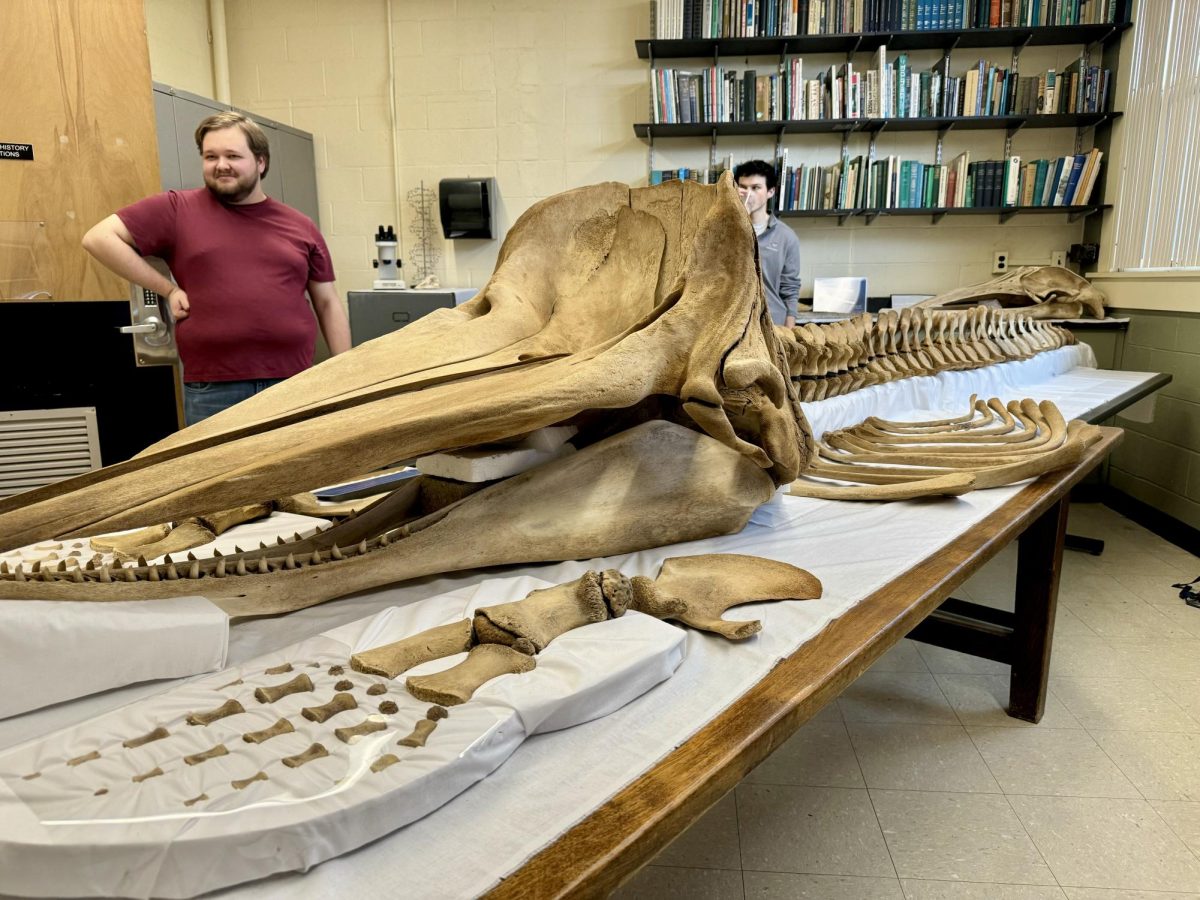
For Kirill Bernikov, a 29-year-old who has lived in Amherst for the past 10 years, the town’s announcement on August 19 that a mandatory water ban would be put into effect came at an inopportune time.
“Our pool was completely broken in the beginning of the summer and we put all this effort into fixing it up. It’s an in ground pool, and we finally fixed it up and we filled it up, and then the water ban came.”
Due to significantly low levels of rainfall over the past five months, Amherst was forced to implement its mandatory water ban, making it the 76th town in the state of Massachusetts to do so this year, according to the Massachusetts Executive Office of Energy and Environmental Affairs. This is the first time since 2002 that this area of New England experienced a drought advisory.
“I’m asking all residents to work together to help the community through this difficult period. We all need to do as much as we can to conserve water now so we have adequate supplies in September and October,” said Interim Town Manager David Ziomek on the town government’s web page.
The ban restricts residents from watering their lawns or gardens, washing their cars or trucks at non-commercial vehicle washes, filling their swimming pools and washing any buildings, sidewalks or patios.
“Well I’ve heard that kind of thing was happening in California years before this ever happened, so I’m not extremely surprised, but at the same time I am surprised because it’s not California – its Massachusetts,” Bernikov said.
Despite the severity of the drought in the region, some residents of Amherst do not feel too distressed with the situation.
“I’m not concerned about it, we should have probably had a ban two months before we actually had one in place,” said Tim Hampson, a resident who has been living in Amherst for the past 15 years. “I’m not going to worry about my lawn. I don’t care how it looks.”
Ethan Hurlburt, a 20-year- old who has spent his entire life growing up in Amherst reiterated Hampson’s feelings. “Me, personally, it doesn’t really affect. But you can tell the lawn’s brown but I don’t really care about that. It’s just a yard.”
Town officials have said that the ban won’t be lifted until groundwater and surface water levels return to normal, or have the ability to continue to recharge. The town’s main sources of water are the Atkins Reservoir, two small reservoirs in Pelham and a series of wells within Lawrence Swamp.
“I’ll go walking at the Atkins Reservoir and things like that and you can tell the water is just so low,” Hurlburt said. “Hopefully it rains.”
Despite the severity of the drought conditions, the town is not currently fining those who violate the water ban. Instead, individuals from the Department of Public Works (DPW) and Inspection Services are assigned to issue verbal warnings or leave violation notices.
Amherst residents are still allowed to use water for the production of food and fiber for personal use or commercial sale, for the maintenance of livestock, to meet the core functions of a business and for any health and safety reasons.
For a full list of the states affected by municipal water restrictions visit: http://www.mass.gov/eea/agencies/massdep/water/watersheds/municipal-water-use-restrictions.html
For a list of recommended ways you can conserve water visit: http://www.amherstma.gov/DocumentCenter/View/35947
Stefan Geller can be reached at [email protected].


















